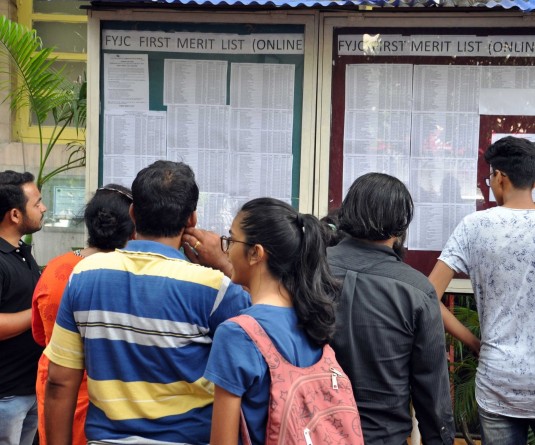Officials with State Steering Committee for State Curriculum Framework during a meeting in Kohima on June 20. (Morung Photo)

Our Correspondent
Kohima | June 20
The State Steering Committee for State Curriculum Frameworks held its meeting on June 20 and focused on reviewing the draft State Curriculum Framework for Foundational Stage and School Education.
The meeting held at SIEMAT Hall, SCERT, Kohima, had an enriching and collaborative discussion towards finalizing the State Curriculum Framework for Foundational Stage.
In keynote address, SCERT director Kevirale-ü Kerhuo said that the foundational stage, being the most critical in human development, requires a curriculum that is developmentally appropriate, inclusive, and rooted in the context of our learners.
She said that based on the directive of Ministry of Education, the Government of Nagaland designated SCERT as the nodal agency for coordinating the development of the four State Curriculum Frameworks, including the State Curriculum Framework for foundational stage and for school education.
As such, a State Steering Committee was constituted to provide oversight and guidance throughout this process.
The Steering Committees represents the Department of School Education, Nagaland Board of School Education, SCERT, Teacher Education Institutions, members from universities and various stakeholders from both government and non-governmental organizations.
The first major step involved the formation of 25 Focus Group, tasked with developing Position Papers on various themes and subjects of school education. Members of these groups represented a rich spectrum of expertise drawn from the Department of School Education, SCERT and DIETs, NBSE, Nagaland University, the Departments of Higher Education, Social Welfare, Youth Resources and Sports, as well as various NGOs.
“Building on the foundational work of the Position Papers, Task Groups were formed to draft specific sections of the SCF-FFS and SCF-SE. These included Curricular areas focused on Language, Science, Art Education-and thematic groups responsible for cross-cutting areas such as school culture, aims of education etc,” she said.
Throughout this extensive process, the Azim Premji University supported in bringing out the draft document, she said.
The Director appreciated the Working Committee for the unwavering dedication and tireless efforts in developing a comprehensive document for guiding and bringing a transformation in the school education system.
Overview of Nagaland ECCE curriculum
A brief overview of Nagaland ECCE curriculum was presented by Vekutulu Veyie, Senior Lecturer, SCERT.
The newly developed ECCE curriculum is a contextualized framework designed for the pre-primary grades. It comprises a four-part document, including Teacher Resource Handbooks.
Veyie also highlighted key takeaways from the National Education Policy (NEP) 2020, such as the new 5+3+3+2 curricular structure, a multidisciplinary and holistic approach to education, and an emphasis on Foundational Literacy and Numeracy.
Following this, the draft on State Curriculum Framework for Foundational Stage (SCF-FS) Nagaland—an adaptation of the NCF-FS (2022)—was presented to the committee members.
She said that the State Curriculum Framework for Foundational Stage is a crucial component of School Education focused on the early years of a child’s education, from ages 3 to 8, encompassing pre-primary and the first two years of formal schooling i.e. Classes 1 and 2.
She stated that SCF-FS aims to provide a strong foundation for learning by emphasizing on multi-level, play/activity-based learning focusing on the optimum development of a child's full potential.
The State Steering Committee also deliberated on various key areas such as assessment, language and pedagogy.
The meeting was chaired by T. Lima Longkumer, Addl. Director, SCERT Nagaland. Nagaland School Education Director Razouseyi Vese also present at the meeting.






